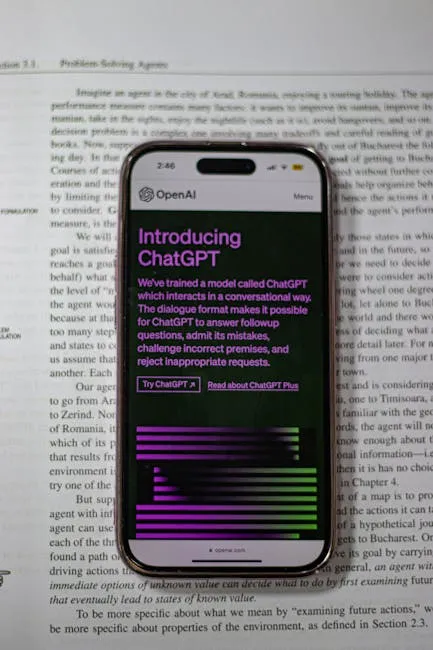People CEO Accuses Google of Content Theft: A Deep Dive into AI and Web Crawlers
In a bold statement that has caught the attention of the tech world, Neil Vogel, the CEO of People, has labeled Google a “bad actor” in the ongoing debate over content ownership and artificial intelligence. His allegations center around Google’s AI crawler, which, he claims, can effectively siphon content from websites without permission, raising significant ethical concerns about the use of AI in content creation.
The Challenge of AI Crawlers
The heart of the issue lies in the functionality of Google’s AI crawler. Vogel argues that this technology cannot be easily blocked by websites. Why? Because any attempts to restrict the crawler would also inadvertently block legitimate web crawlers, such as those used for indexing and improving search results. This presents a unique dilemma for content creators and website owners who wish to protect their intellectual property.
The Implications of Content Theft
As AI technologies continue to advance, the boundaries of content creation and ownership are becoming increasingly blurred. Vogel’s accusations suggest that Google’s practices might lead to a scenario where the original creators of content are inadequately compensated or entirely overlooked. This situation not only threatens the livelihood of content creators but also raises questions about the ethical implications of using AI to generate content based on existing works.
Understanding Google’s Position
Google, a dominant force in the tech industry, has often defended its use of AI and machine learning technologies as tools for enhancing user experience and providing valuable information. However, the concerns voiced by Vogel are echoed by many in the creative and publishing sectors, who worry that the line between aggregation and theft is becoming increasingly indistinct.
What’s Next for Content Creators?
As Vogel’s statements gain traction, content creators are left navigating a complex landscape. They must consider how to protect their work in an era where AI can analyze and replicate content at an unprecedented scale. This challenge will likely lead to a broader discussion about copyright laws, content ownership, and the future of AI in creative fields.
Conclusion
The debate surrounding Google’s AI crawler and its implications on content theft is just beginning. As stakeholders from various sectors weigh in, it is clear that a conversation about ethical AI use and content protection is urgently needed. For now, content creators must remain vigilant, adapting their strategies to safeguard their work while embracing the inevitable changes that technology brings.
